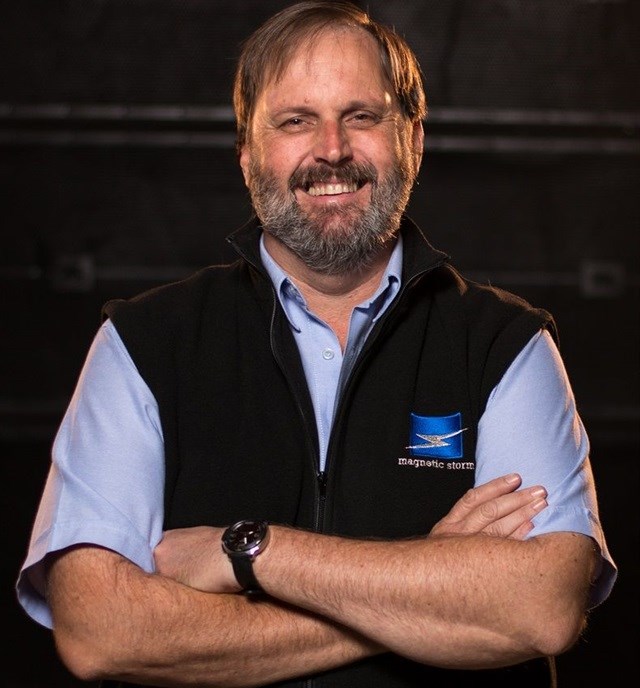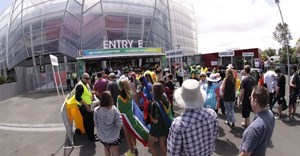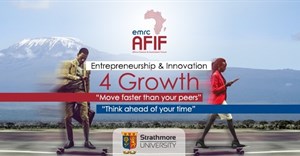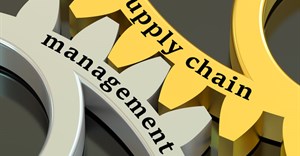Trending
Elections 2024
Jobs
- Event Promoter Hazyview
- Event Promoter Nelspruit
- Event Promoter Hazyview
- Independent Media Sales Contractors All Areas
- Experiential Marketing Creative Director-Copywriting/Strategy/Ideation Joahnnesburg
- Marketing Manager Cape Town
- Personal Assistant to the Directors Cape Town
- Freelance social media writers Johannesburg
- Delegate Sales Executive Pretoria
Crossing borders in Africa with events

Crossing borders
Make friends on all sides. The control of goods leaving South Africa is one of the core functions of Customs, and it’s complex. Make sure you partner with a trusted import/export advisor and transport company on both sides of the border.
And find a knowledgable person at the event destination to handle any hiccups that might occur when receiving your equipment on the other side. It might not be necessary, but just incase it helps to have someone in the know you can call on, just in case.
Do a recce
Visit the destination, and potential venues before you commit to a client to run an international event. The reason being from your understanding of an event’s objectives and audience you can visit venues with an objective eye, identify potential technical and aesthetic challenges and be able to propose to the client the right solution, way ahead of the actual event. This definitely alleviates stress for all parties.
Use your recce trip to identify reliable locals who will be able to assist you during the project. Ask for recommendations while you’re there, and do some research. Think of the assistance you might need, and find the right people for your event, but you will need: translators, drivers, freight forwarding contacts and technical equipment suppliers.
Logistics
- People: The travel costs for your team can skyrocket; to prevent this from happening take a focussed team of multi-skilled members. As an example we had a core team of eight head off to Mozambique – they were supported in Maputo by an additional eight local casuals. They were identified through contacts and played a critical role as they understand and know the local market. They can run errands for the team, operate as a driver, translate when required, and have good local connections; in our experience, the casual team were our first port of call when we needed help.
- Equipment: Create an equipment schedule so you can plan multiple uses for each item you take. For example our screens were used at the supplier fair and then taken down and transported for use at the evening gala dinner. But also appoint a local supplier just incase something breaks and you need a repair or replacement. Marking items per venue also helps to speed up the event set up.
Scenario planning
Think through the “what if’s”. You can plan as much as you like, but things can and will go wrong. In your planning meetings, talk through different scenario’s around crew, equipment and power supply/compatibility. And then decide on how these will be overcome, you will generally call on your recently identified local contacts and suppliers who can act on short notice.
Cultural differences
Luckily Mozambique’s culture isn’t too different to South Africa, but familiarise yourself with the traditions, customs and cultural traits of the country where you are planning an event. Even when you think you know something, you might discover it's only a stereotype.
Culture also determines the etiquette of gifts, tipping and the role of casuals and temporary team members. So again, do your research or you could land up offending without realising.
Doing business
Organising an event involves a multitude of smaller business transactions, and understanding how business is done in a host country can go a long way towards creating a successful event.
Be respectful, learn about the host country and give it your best.




















